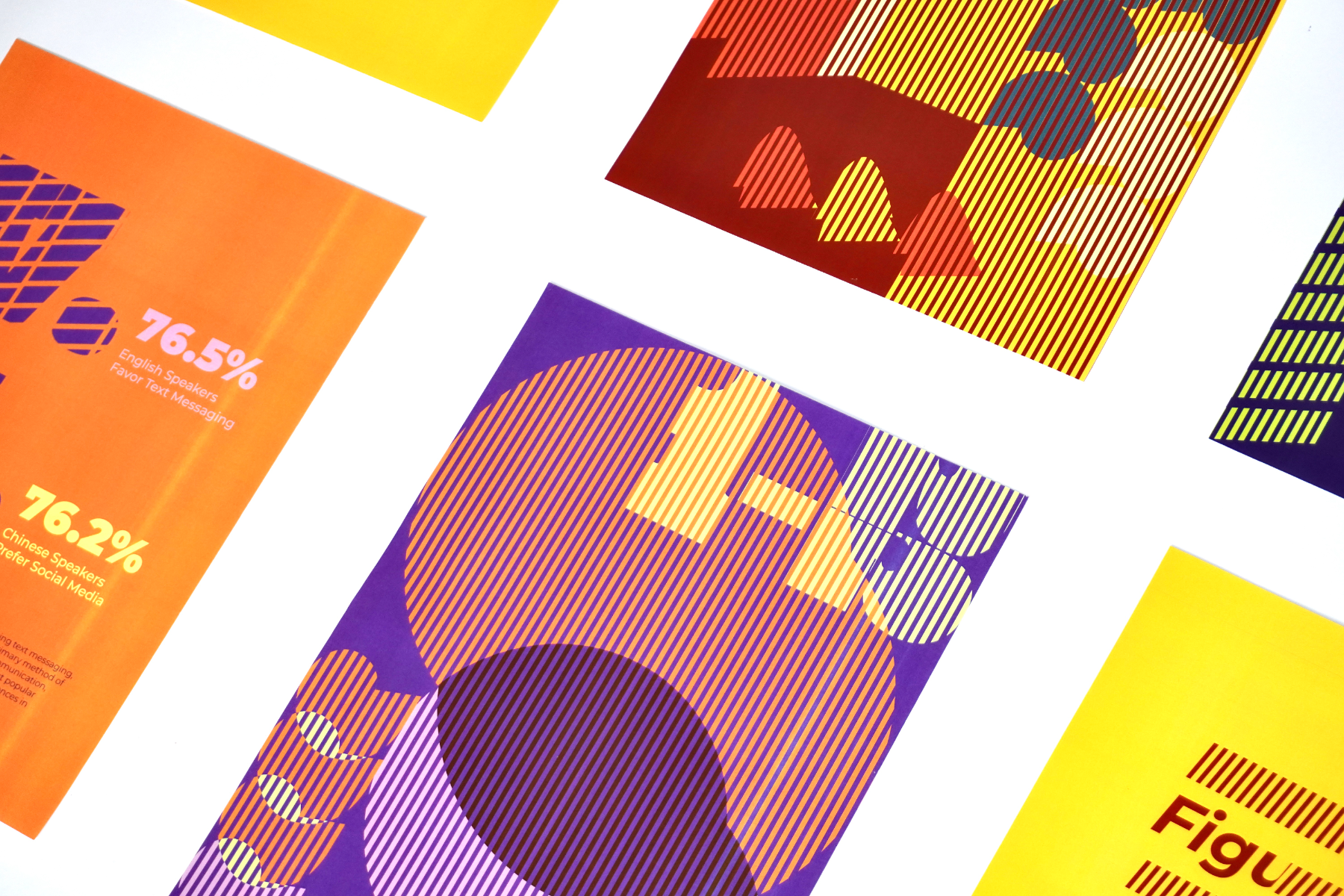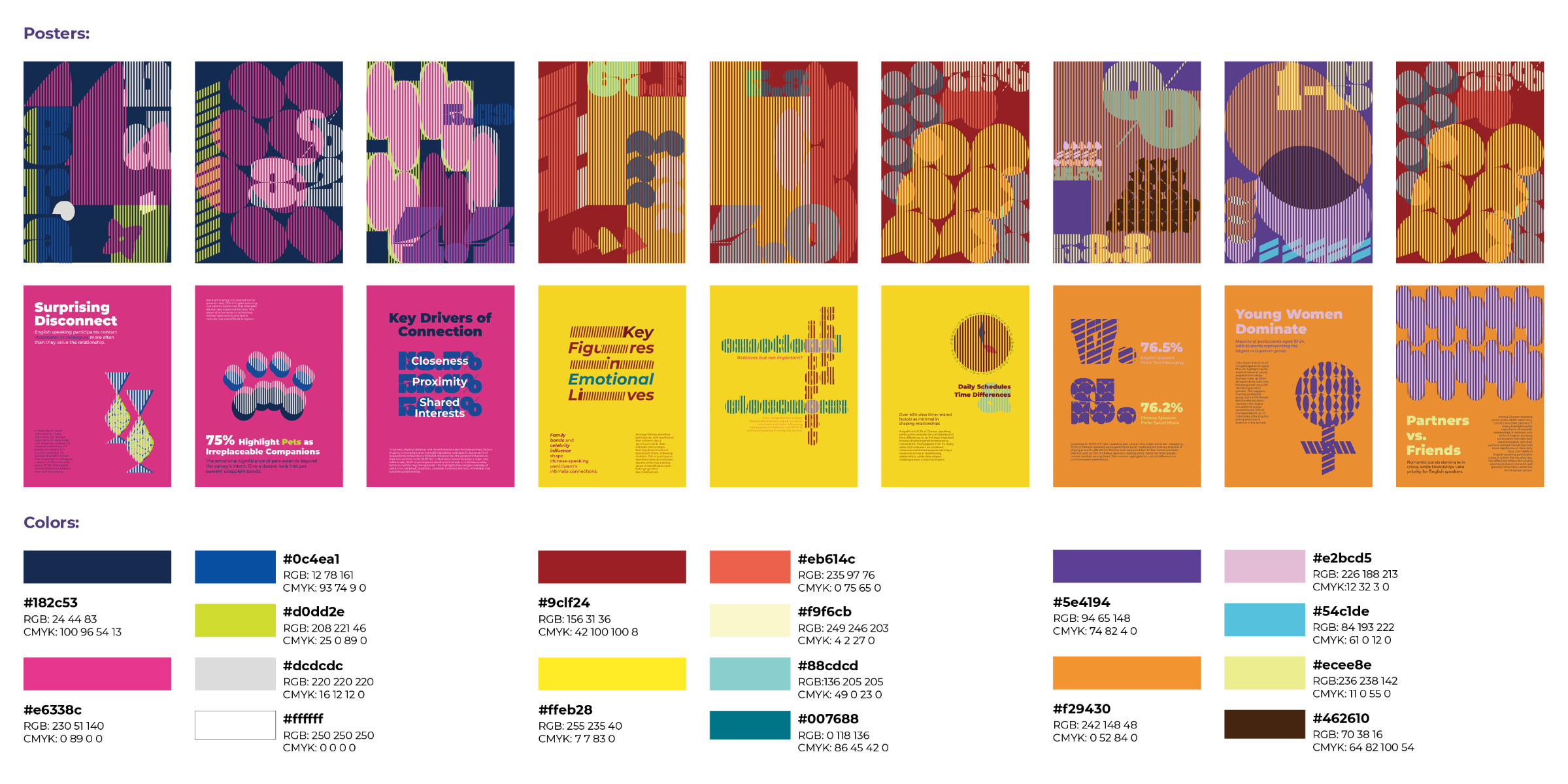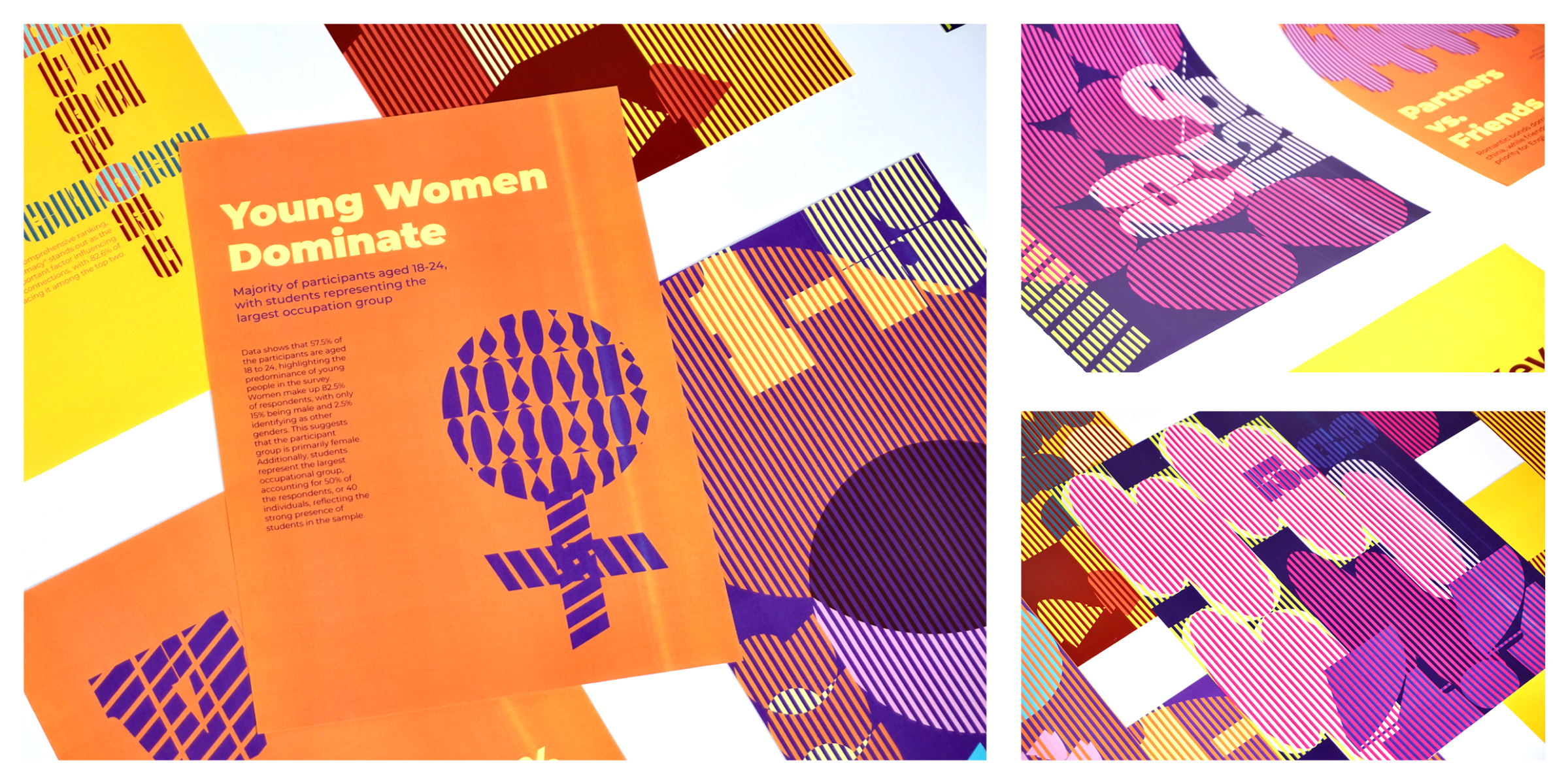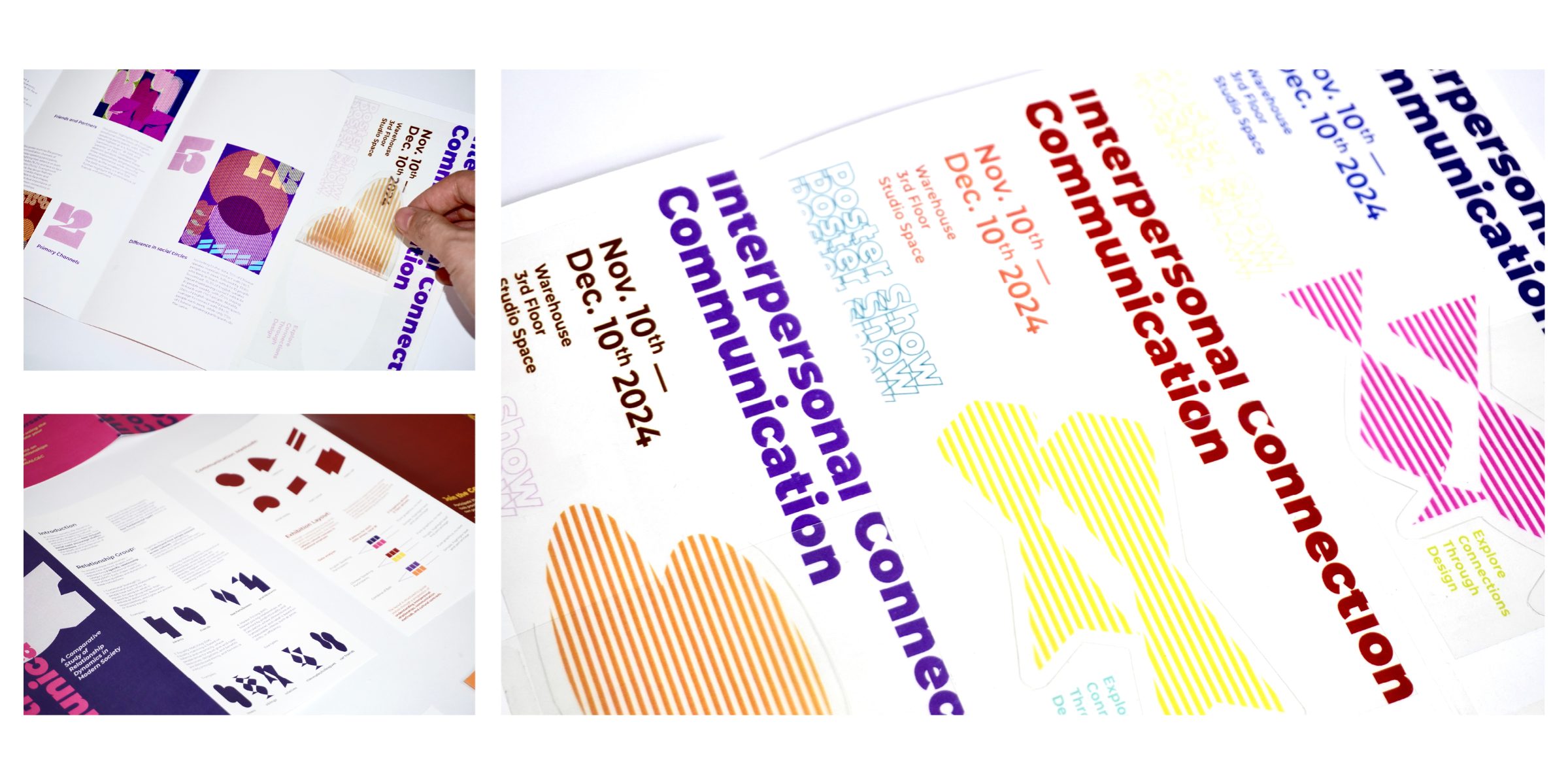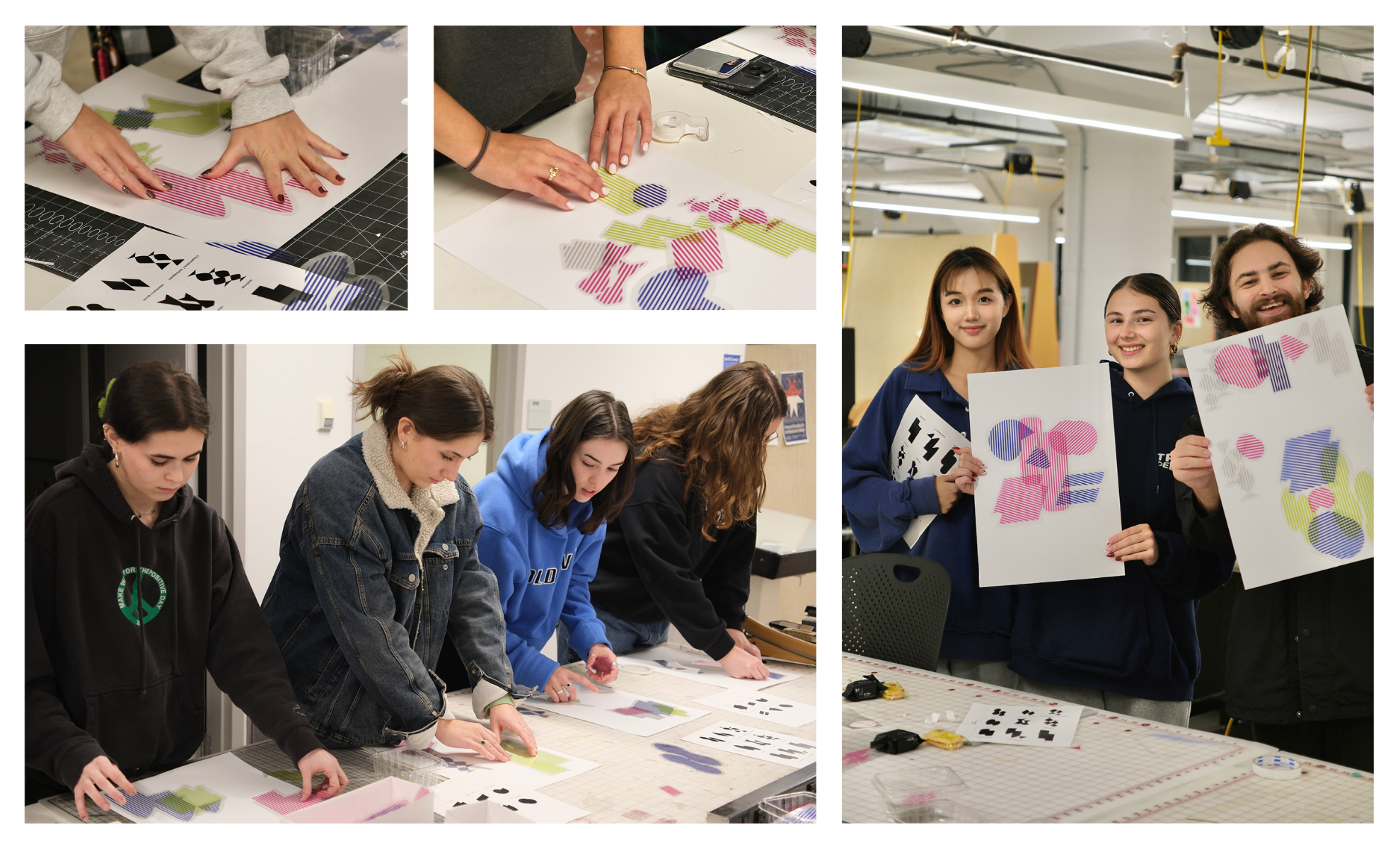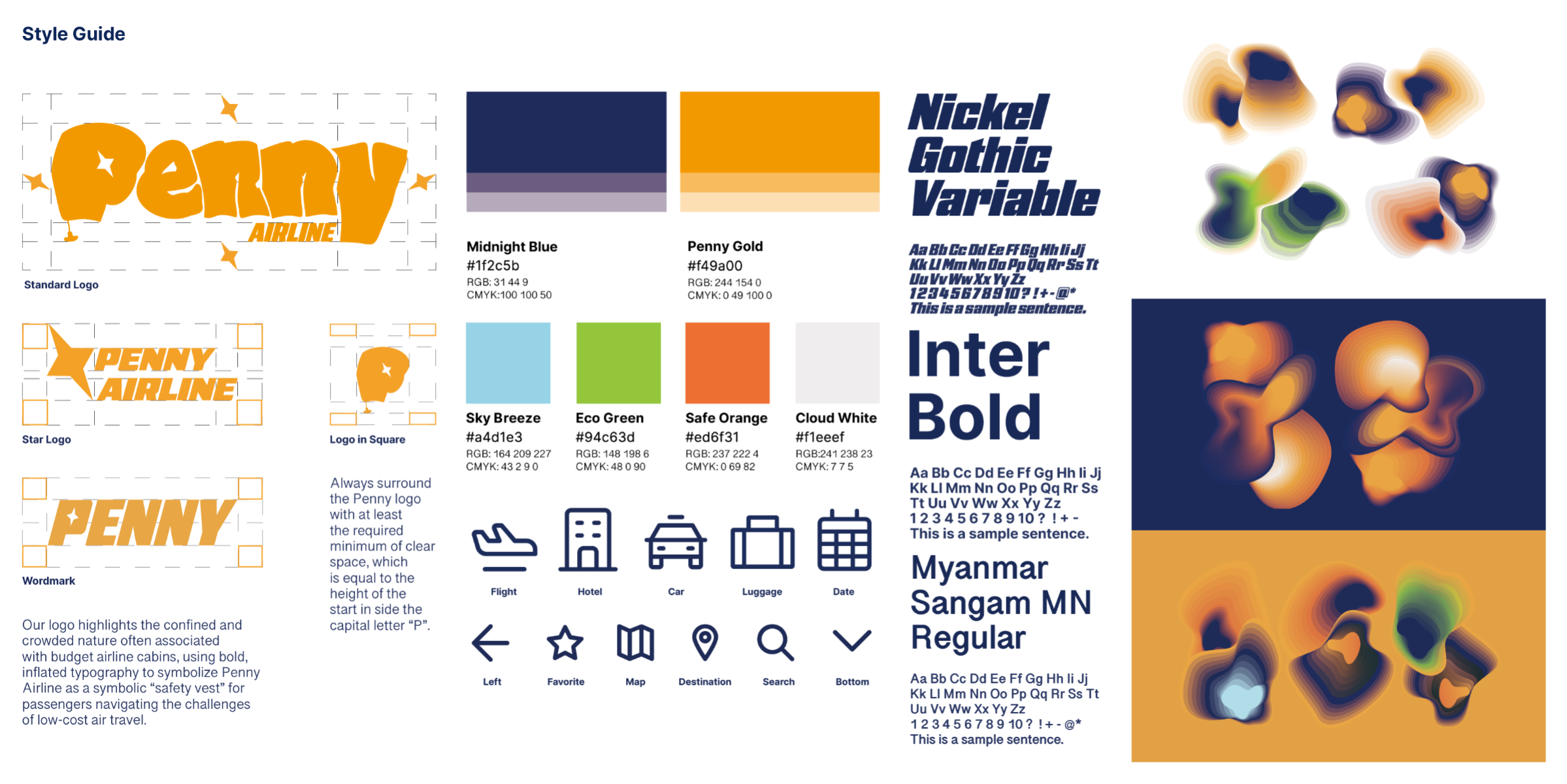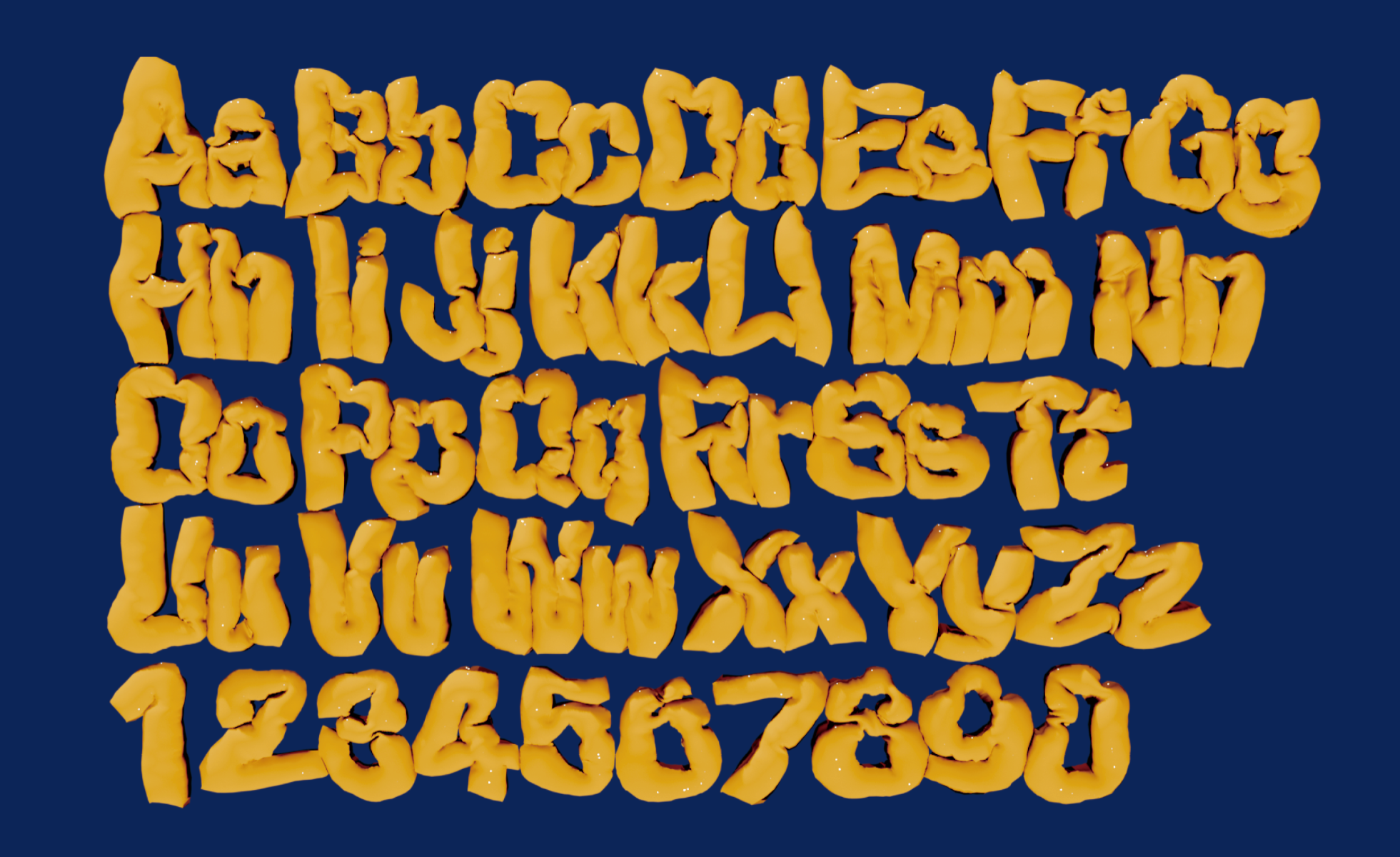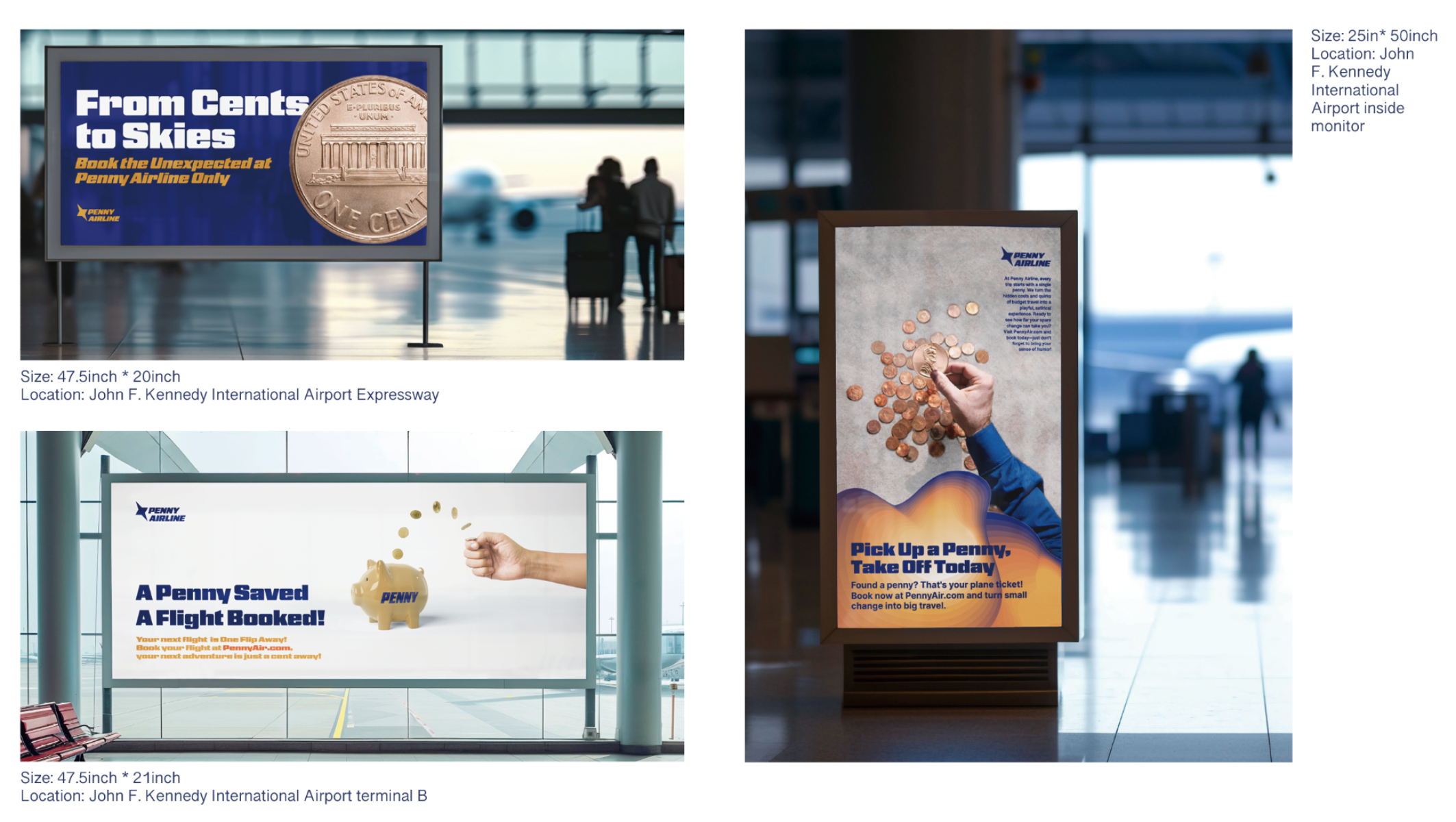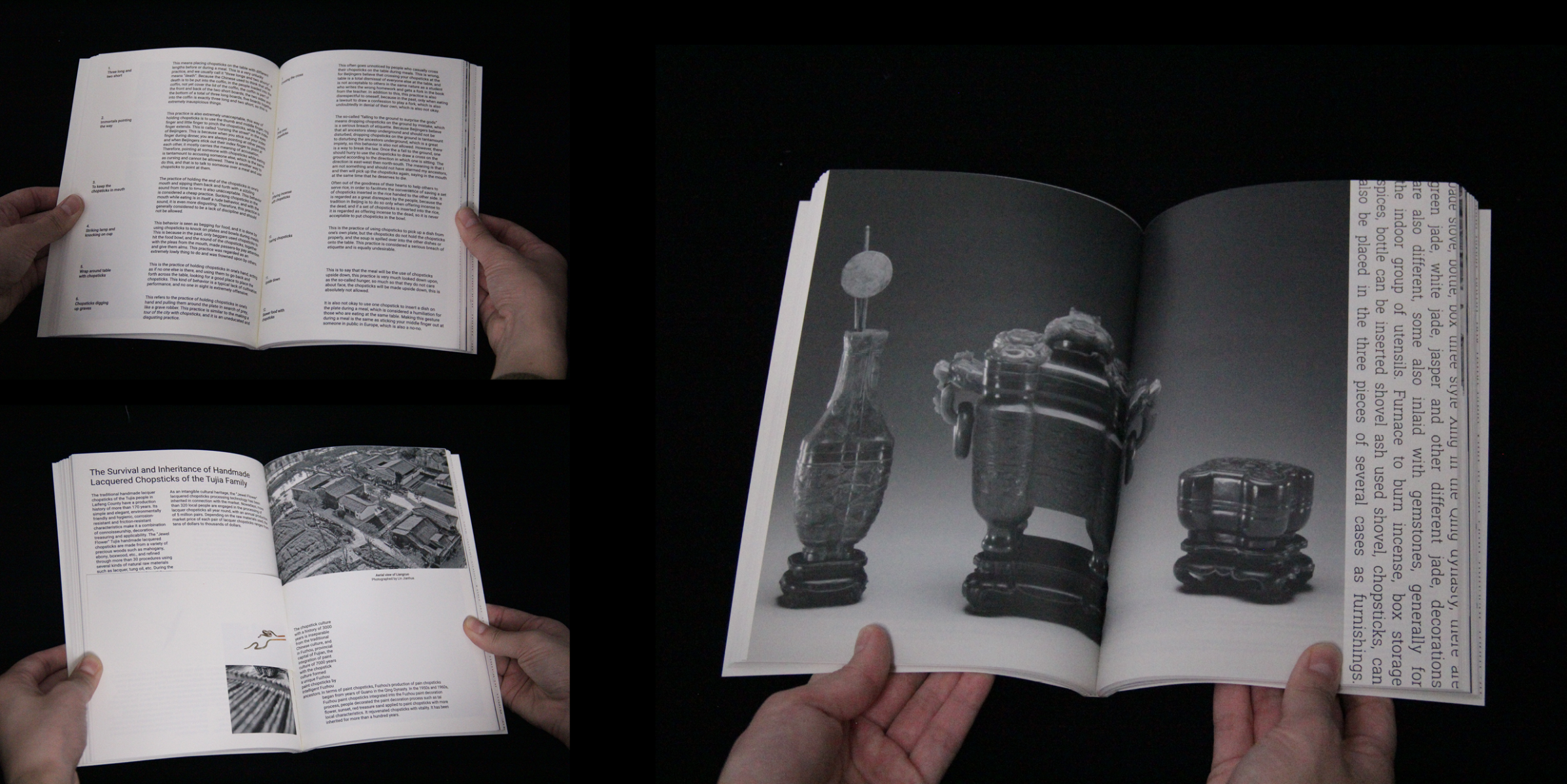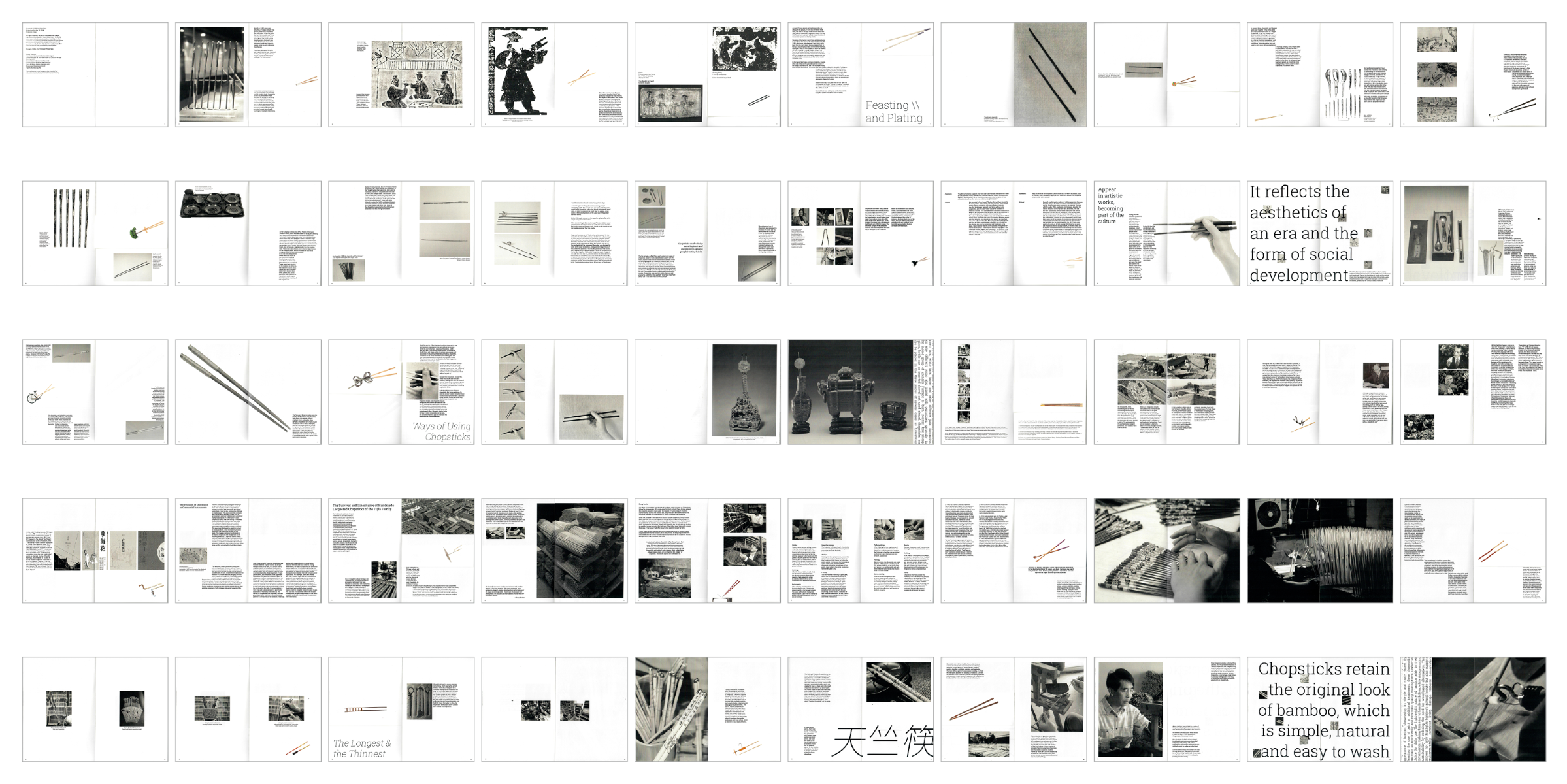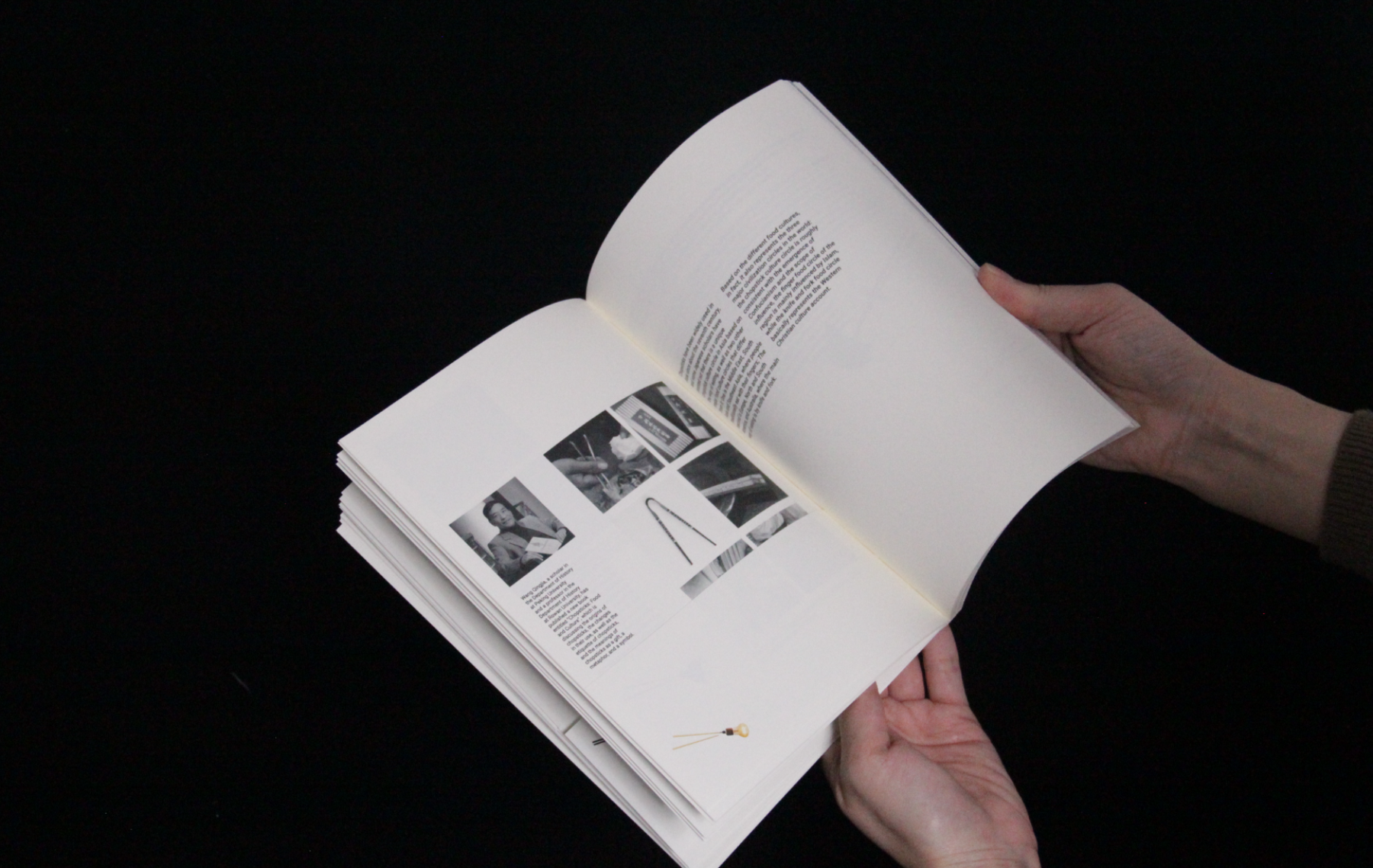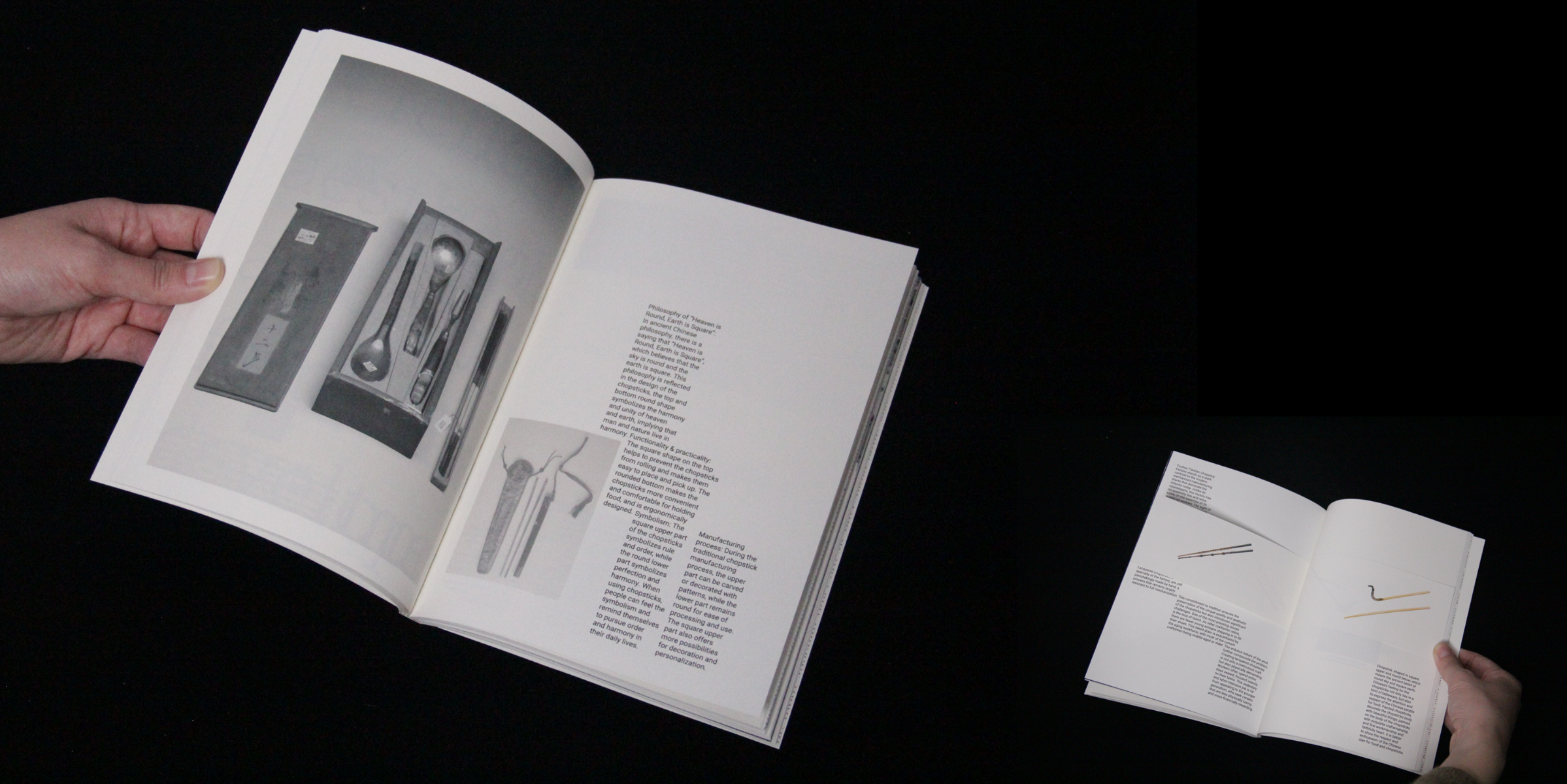Yimei Tang
communication Design
Syracuse University
Specialisms: Graphic Design / Creative Direction / Art Direction
Location: New York, United States


Yimei Tang

First Name: Yimei
Last Name: Tang
Specialisms: Graphic Design / Creative Direction / Art Direction
Sectors:
My Location: New York, United States
University / College: Syracuse University
Course / Program Title: communication Design
About
I’m Yimei Tang, a graduate of the communication design major at Syracuse University, born and raised in Beijing and now based in New York. Growing up in a family deeply rooted in the book industry, I spent my childhood surrounded by stories in my parents’ book warehouse. That environment sparked my imagination and instilled a lifelong passion for storytelling and culture.
My design philosophy is centered on bringing diverse cultural perspectives into my work. I view design as a powerful tool to bridge cultures, foster understanding, and challenge conventional thinking. I strive to create work that is thought-provoking and reflective of the world around me.
This project explores the dynamics of interpersonal relationships in modern society, based on a comparative survey of 50 English-speaking and 70 Chinese-speaking participants. It examines how reduced social costs lead to shallow connections, and how this shift impacts the depth and quality of relationships. Through abstract shapes and patterns, the project visually represents these connections, sparking a conversation about the evolving nature of human interaction in today’s fast-paced world.
Competitions
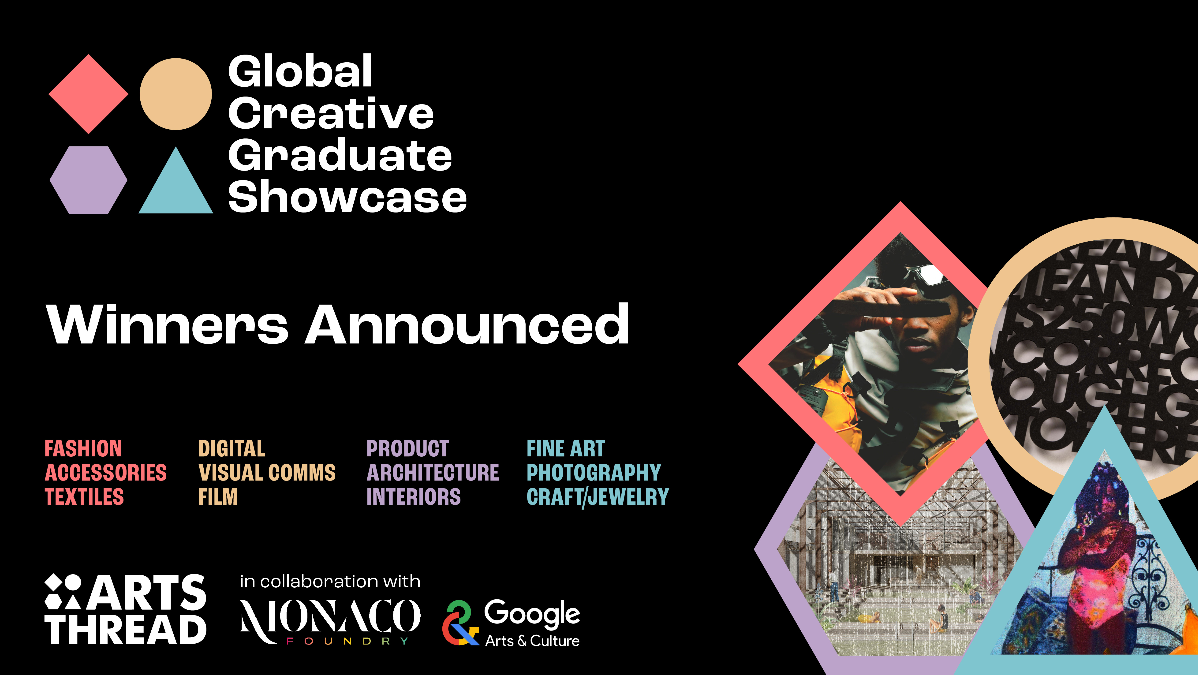
Global Creative Graduate Showcase 2025
Penny Airline is a satirical awareness campaign that critiques the hidden costs and deceptive practices of budget airlines. Through exaggerated branding, misleading promotions, and a deliberately frustrating user experience, the project invites audiences to question the true price of “cheap” travel and reflect on how consumerism shapes their expectations and choices.
Competitions

Global Creative Graduate Showcase 2025
Chopsticks, a tool with profound influence on East Asian food culture, have a long history and carry rich traditions and dining etiquette. However, in today’s fast-paced urban environments, the cultural significance and proper use of chopsticks are slowly fading. As dining habits evolve and the way chopsticks are used diverges, we face the risk of losing an important part of our cultural heritage. This book aims to explore transformation by juxtaposing chopsticks with other objects in collages. Through this creative approach, we aim to raise awareness of the disappearance and distortion of chopstick culture, while also exploring innovative methods of cultural preservation and transmission.
Competitions

